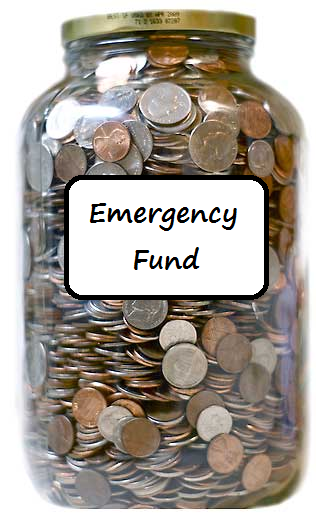Emergencies
and disasters are inevitable. Accept it or not they can happen to anyone and
they ignore whatever status you have in life. Establishing an emergency fund is
the ideal solution as a financial cushion during emergency like sudden job
loss, home and car repairs, medical emergencies, and natural disasters such as
major typhoons. The worst thing that you want to do during emergencies is to
borrow money from other people or use credit card which can create additional
problems. It is more economical to prepare in the present for the sudden needs
of the future rather than maintaining a wait and see attitude.
A good rule of the thumb is to tap your
emergency fund only when your income is disrupted. The requirements for your
emergency fund are: it must be liquid; it should be earning interest; and it
should not be subject to any losses. Given these, your choices are either a
savings account or a money market fund.
Most financial planners recommend that
you save at least six months to one year worth of your monthly expenses for an
emergency fund. Having an emergency fund will help us meet our financial
obligations while looking for another source of income. How much of a cushion
is enough? It depends on what you spend each month. The key word here is “spend.”
It doesn’t matter what you earn.
Tips on building your emergency fund:
- Compute your monthly expenses and decide how much to save.
- Open a bank account for your emergency fund. Make sure that this account is specifically earmarked for emergency expenses and should not be mixed with your other needs.
- Commit and save. You start with small pockets of savings and gradually increase it periodically once you the habit of savings. Use step goals like saving P500 every pay day increasing it to P1,000. The key here is to be consistent and resist the temptation of spending your emergency fund for other things that cannot be justified as emergencies.
- Look for other sources in addition to your regular income.

No comments:
Post a Comment